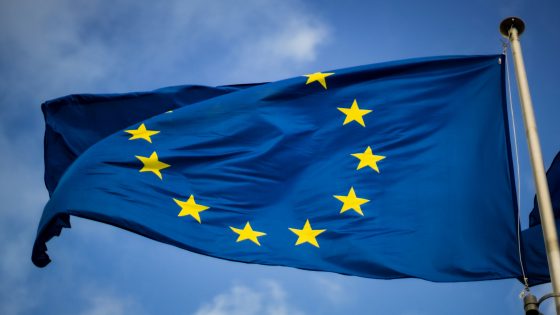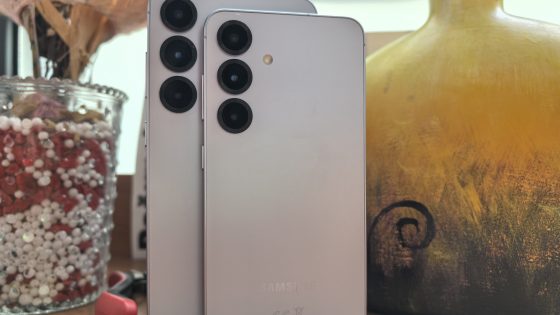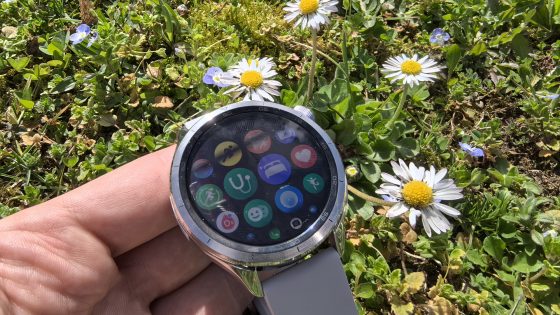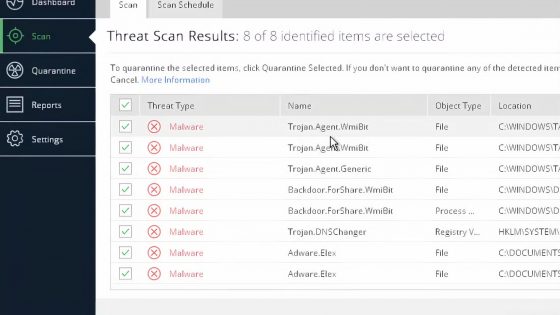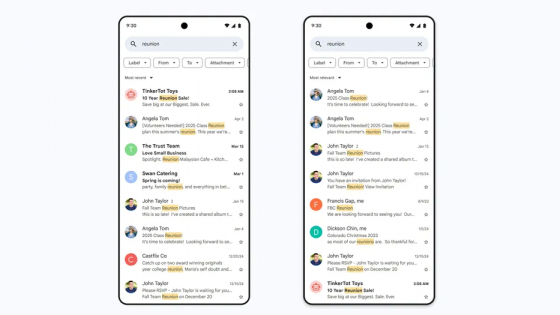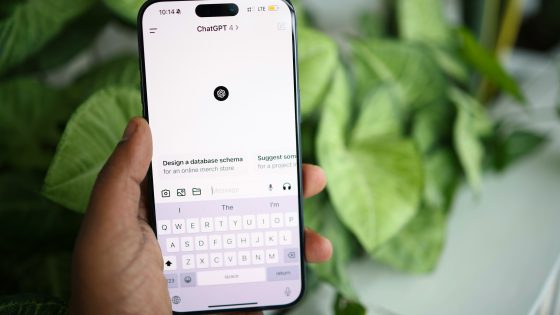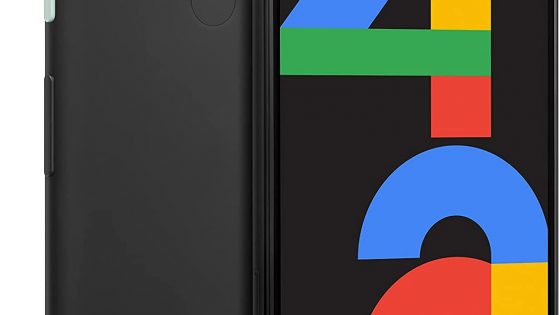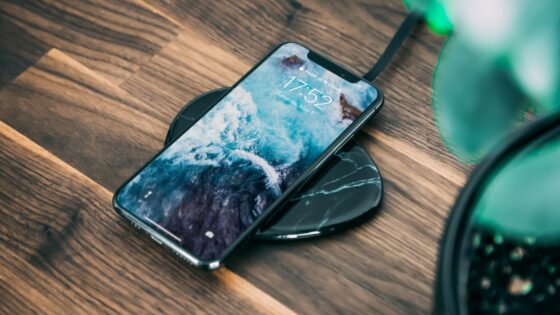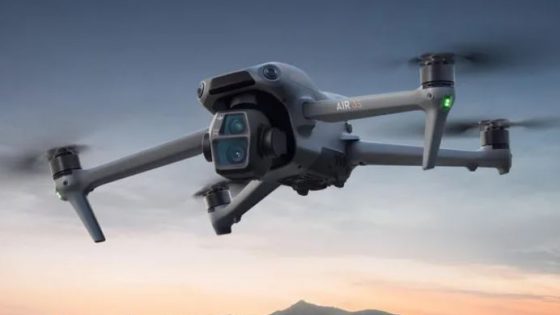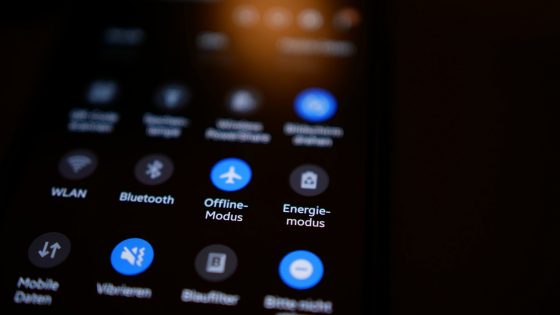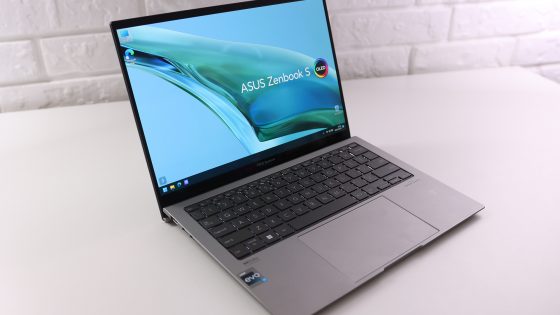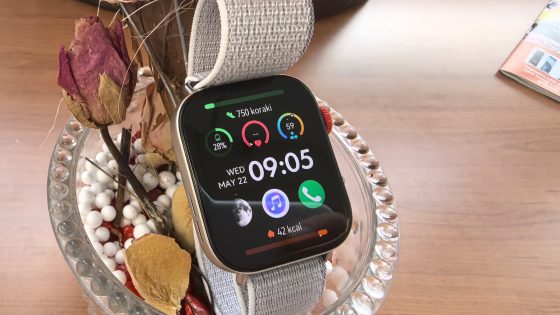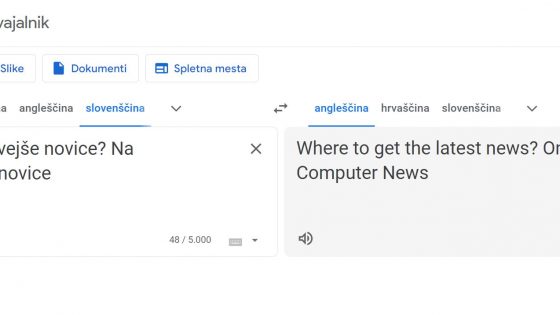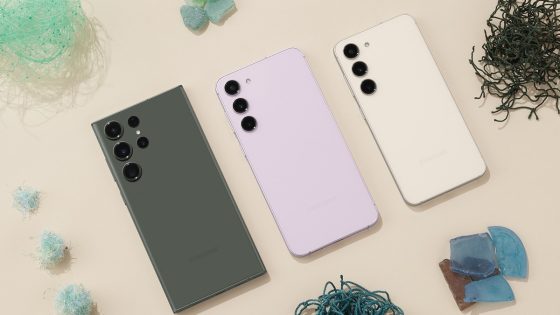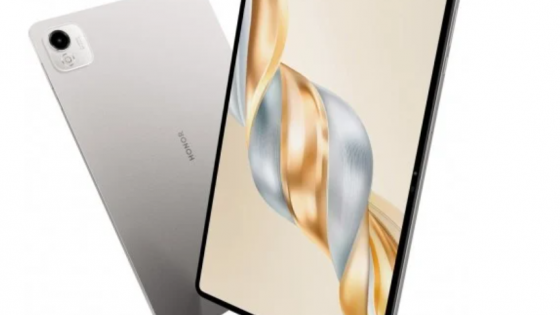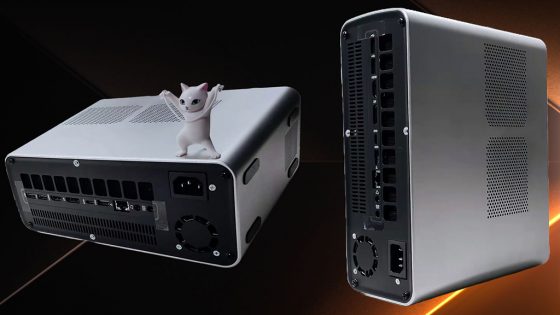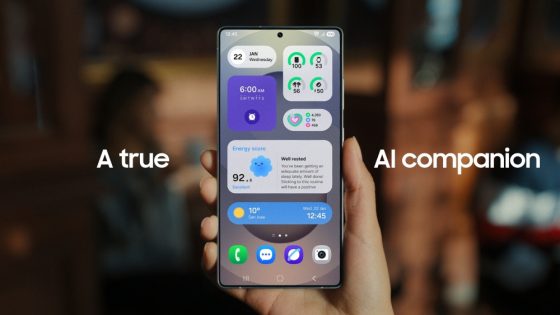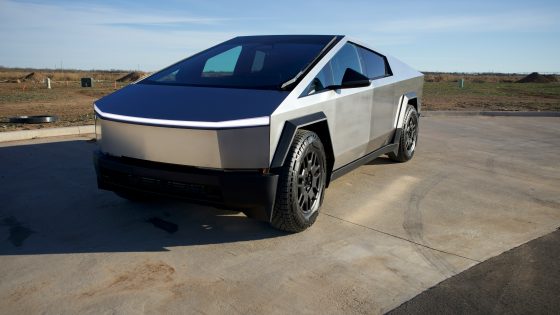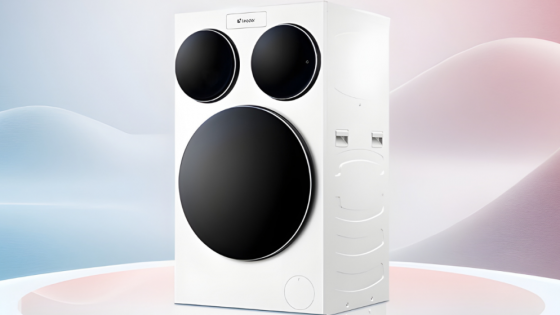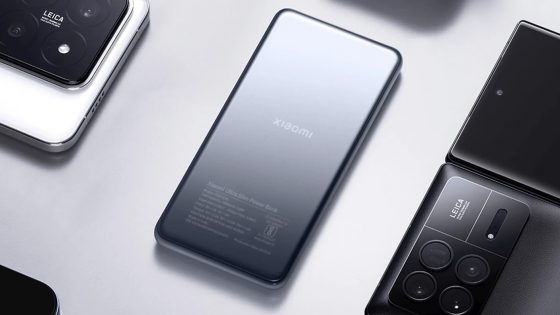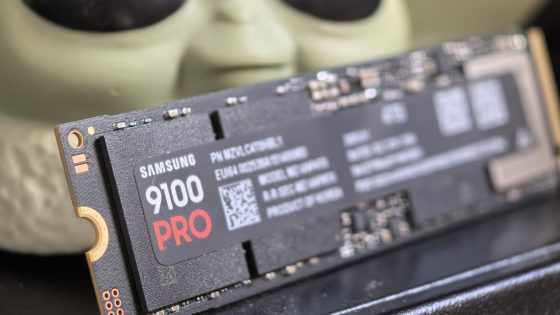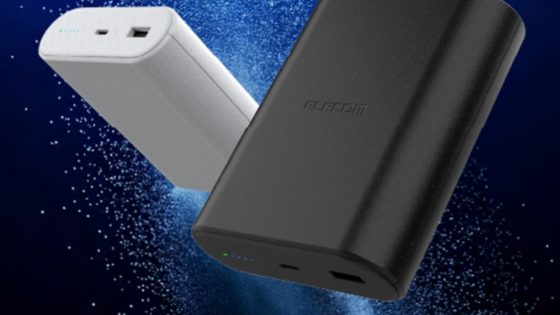Why is Apple banned from importing smartwatches into the US?
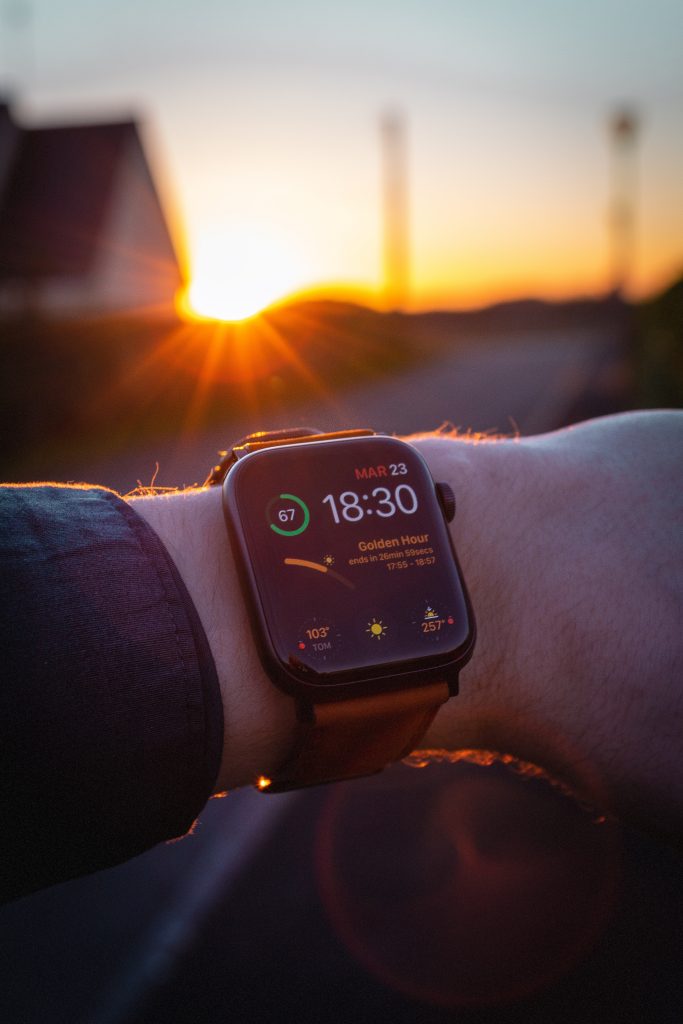
Healthcare professionals have surely heard of Masimo, a well-known manufacturer of medical devices. Earlier this year, the US International Trade Commission (ITC) ruled that Apple infringed two of its patents for measuring blood oxygen saturation (SPO2). As of December 26, Apple has banned the importation of the Apple Watch Series 9 and Ultra 2 smartwatches into the United States. Let's remember that Apple manufactures its devices in China and India. Only then are they imported to other markets, including the USA.
A ruling against a tech giant is a real rarity. Usually, in these types of cases, the two sides settle out of court, but in this case, Apple pulled the plug.
In just a few days, especially right before Christmas, it is unlikely that Apple will be able to bypass this blockade or reach a deal with Masimo. Apple's decision to withdraw the mentioned smart watches from its online store does not mean anything good either.
"I think Apple has correctly assessed its position and is preparing for the worst," says Ben Levi, a partner at the law firm Levi Snotherly & Schaumberg who has experience handling ITC disputes.
A win against any tech giant is incredible, especially with such tangible consequences. A financial penalty would probably be a more acceptable decision for Apple.
How did the import of Apple smartwatches get blocked?
This ban is the result of a long-running patent dispute between Apple and medical device manufacturer Masima. This one is known for its pulse oximetry technology, commonly referred to in the wearable world as SpO2 or blood oxygen saturation. The company claims that Apple is using this patented technology without permission.
The story began about 10 years ago when Apple approached Masima about a potential partnership regarding blood oxygen features on its wearables. Soon after, Apple reportedly proposed to several Masimo engineers and their head of health. Then, in the fall of 2020, Apple released the Apple Watch Series 6 — its first Apple Watch to feature an SpO2 sensor to measure blood oxygen saturation levels.
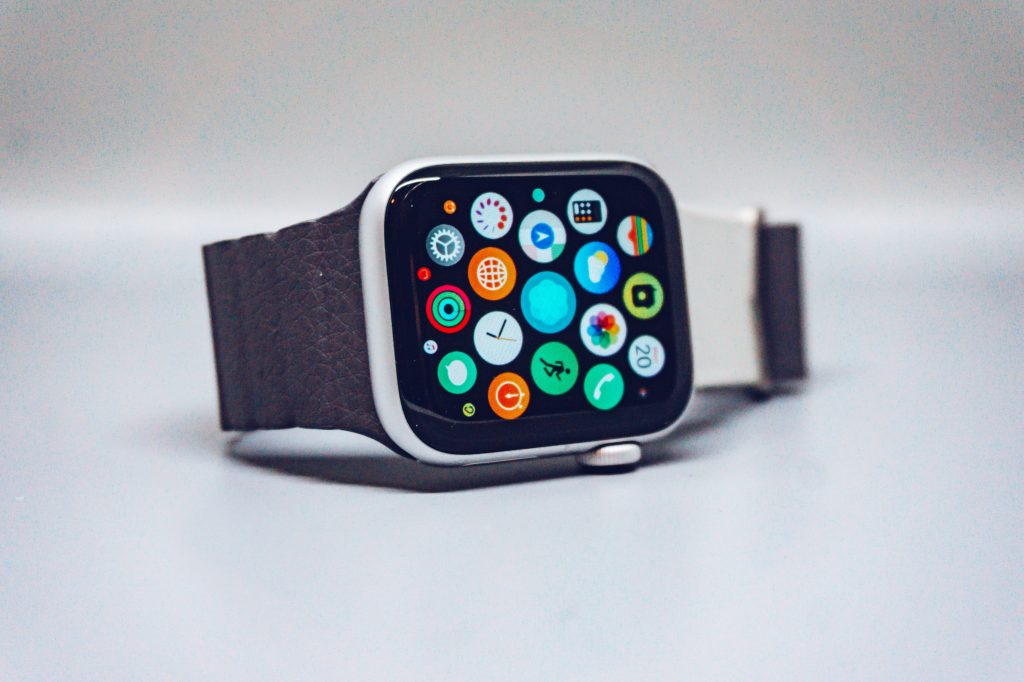
The expected company Masimo did not accept this with open arms. It filed a lawsuit accusing Apple of stealing trade secrets and violating 10 patents. As usual, the process dragged on and Masimo had to file a separate lawsuit with the ITC. Apple hit back and filed a retaliation lawsuit against Masimo last year, claiming that its Masimo W1 medical watch is a clone of the Apple Watch. This pink-ponk was interrupted by the ITC, which came to the defense of Masimo in January this year.
They issued a ban on imports of the Apple Watch in October, but now the 60-day period in which the US Trade Representative or President Joe Biden can veto the ban is over. If this does not happen, the import ban will come into effect on December 26.
The probability of a veto happening is very low, at least judging by similar past cases. Still, a little hope remains. In 2013, then-President Barack Obama vetoed a ban on iPhone imports. If you recall, Apple was in a dispute with Samsung over the use of their mobile data patents. In Apple's favor at the time was the fact that those patents were considered standard and key to use. In all likelihood, the US also did not want Samsung to gain a competitive advantage.
What will happen now?
Apple watches account for 30 % of the global smartwatch market and 17 billion of the company's turnover. Apple has certainly called in all of its legal cavalry to try to find the best solution for reselling smartwatches in the US over the holidays.
An appeal is the most likely option, but time-consuming. Such procedures can drag on well over a year. Too long for Apple and its US users. Another option is a temporary suspension of the import ban, but in this case Apple must prove that the import ban represents irreparable damage to them, or damage that could bankrupt the company. Since their existence is not dependent on Apple Watch sales, the suspension is unlikely to happen. Especially since they will be able to continue selling smart watches in other markets, including Slovenia.
The ban does not apply to the Apple Watch SE because it does not have the ability to measure blood oxygen saturation. As one solution, Apple could roll out a software update to disable the SPO2 feature on the Apple Watch 9 and Ultra 2. This might be the cheapest and fastest option at the moment. Meanwhile, Masim revealed that Apple didn't steal their algorithms, but the sensor design. If he wants to continue using it, he will have to change the design of the sensor.
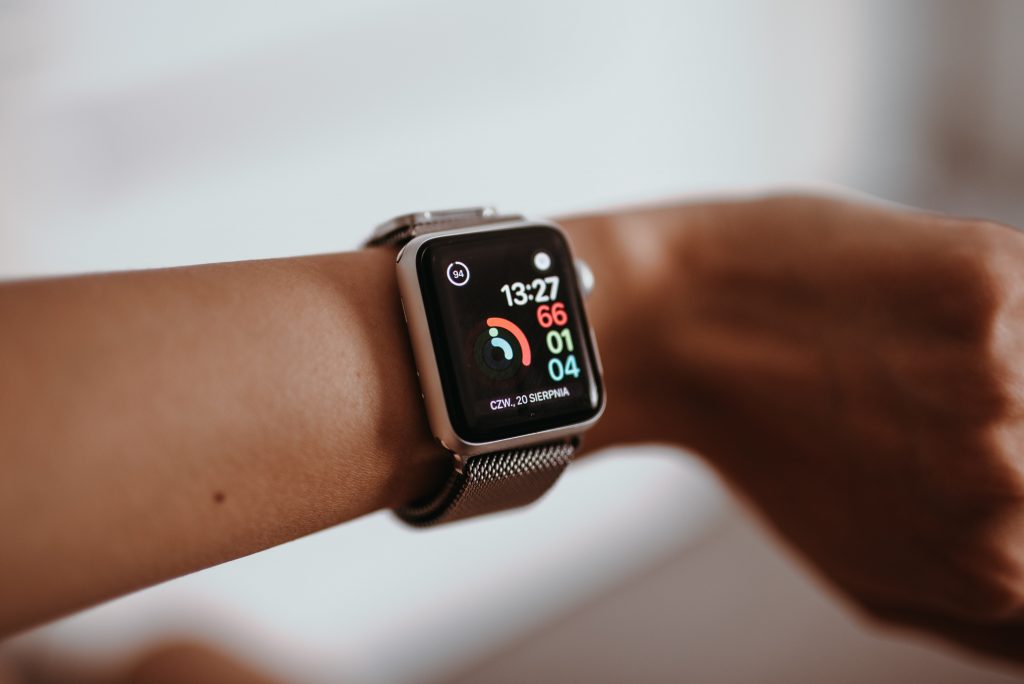
“From a legal point of view, any change Apple makes must be significant enough to avoid a patent and not be a so-called 'color' difference. Minor changes will not be enough," says Andrei Iancu, co-president of the Council for the Promotion of Innovation (C4IP).
After these comments, it's obvious that it won't be enough if Apple makes some tweaks to the algorithms and design. The change must be obvious enough to avoid the text in the patent. Even turning off the sensor may not be enough. It depends on how the patent is filed. Apple could remove the SpO2 sensor from smartwatches entirely, but that would require a lot more time and money.
Why doesn't Apple just sit down at the negotiating table and sign a license agreement with Masimo? Masimo CEO Joe Kiani revealed in an interview with the New York Times that this was in the works, but that Apple "wasn't involved in the licensing negotiations."
Maybe Apple is targeting the long-term nature of the lawsuit. Their treasury is huge, compared to Masimo, perhaps infinite. Masim revealed that they have spent 60 million dollars on legal proceedings so far.
"Apple is a tough nut to crack," says Smith Brittingham, a partner at law firm Finnegan, Henderson, Farabow, Garrett & Dunner, noting that Apple is one of the most sued companies in Silicon Valley.
Another possibility, which is the least likely, is that Apple would start producing watches in the United States. This would mean a structural transformation of their production. If this were to happen, it would be a true Christmas miracle and very good news for the US economy.
Apple in dispute with others
Apple has another similar lawsuit pending. AliveCor accuses him of stealing their proprietary technology while developing the wearable EKG feature. The two cases are very similar, but it is not certain that the outcome of the court proceedings will be the same as in the case of Masim.
The ITC had already imposed a ban on the import of Apple ECG devices in February, but at that time the Patent Proceedings Board ruled that the ECG technology could not be patented. AliveCor must now wait to see what the verdict will be on their appeal.
Let's go back to the first example from Masimo. In case Apple removes or turns off the SPO2 feature, will users miss it? Not really. Of all the features, perhaps SPO2 is the least attractive to users. The function monitors sleep and can warn of possible health problems, but the average user does not pay too much attention to such measurements.
While the situation is tense for Apple in the US, for now we can be calm in Europe and Slovenia. If you want to give an Apple Watch as a Christmas present, you can do so without hesitation.
Would you like to know how smart watch sensors work?



